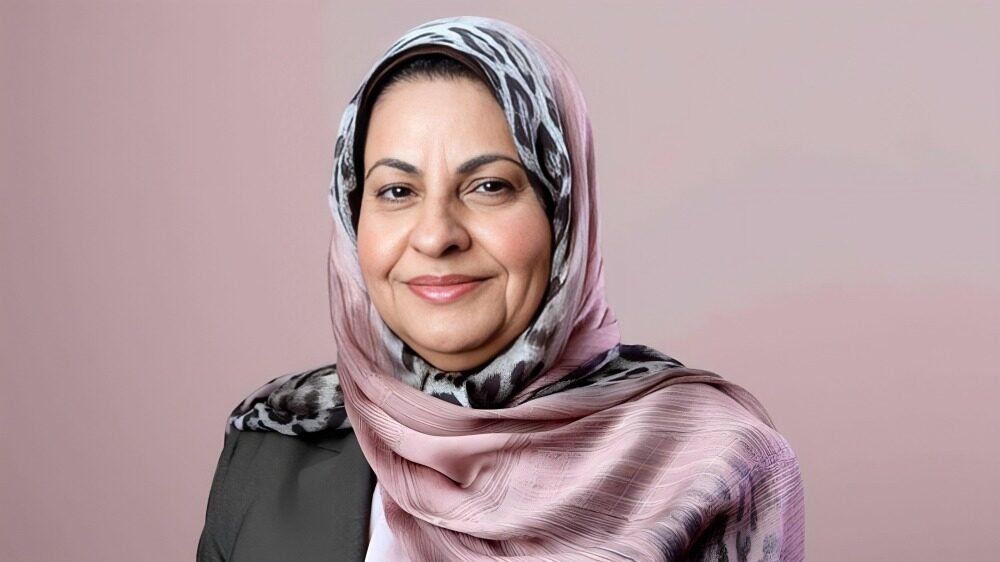Ameen Nadoom is the founder and CEO of RUBA, the Kuwait-born fintech that turned a school-search idea into a Shariah-compliant tuition-financing platform. His story is less about glamour and more about pragmatic problem-solving, seeing how families struggle with lump-sum school fees and building a product that spreads the cost without burdening parents or schools.
Education and early career: the training ground
Before RUBA, Ameen Nadoom built chops in management consulting and product work across the GCC and North America. His public profiles list stints at top consultancies and a graduate degree from Columbia’s engineering and systems program, experience that shows up in his methodical approach to product and go-to-market strategy. That consulting background shaped the data-first, stakeholder-friendly model he later applied to education finance.
The pivot: from school directory to payment platform
RUBA began as a simple idea to help parents compare schools. As the founders talked to users, they realized the heavier problem was financial parents who face steep tuition installments every year, and schools that struggle with collections and cash flow. Under Ameen’s leadership the team pivoted to an enroll-now-pay-later (ENPL) model built to be Shariah-compliant and fully digital letting parents pay monthly while schools receive capital upfront at a discount. The company was founded in late 2021 and went live with its platform in 2022.
Building product and early traction
Ameen has been explicit about designing for two customers parents and institutions. The product roadmap emphasized simple onboarding for families (a monthly instalment option up to 12 months) and a backend dashboard that removes reconciliation headaches for schools. RUBA’s early traction included partnerships with private nurseries and K-12 schools in Kuwait and a pre-seed funding round that closed in late 2022 to accelerate growth and hiring. Those early wins validated the hypothesis that financing not just discovery was the missing piece for many families.
Leadership style: practical, founder-first
As founder and CEO, Ameen Nadoom projects a hands-on leadership style. Press coverage and statements from the company show him speaking plainly about market fit and cultural fit prioritizing local knowledge in a region where relationships matter. He’s intentionally framed RUBA as a social-impact fintech making education more accessible while creating a commercially sustainable product for partners. That blend of mission and discipline is a throughline in how he describes scaling decisions and fundraising priorities.
Raising capital and partnerships
RUBA’s pre-seed round, announced in October 2022, came from a group of strategic angel investors and was positioned to fund product launches, team growth and regional expansion. A notable strategic step came in 2025 when the company announced a partnership with Warba Bank to integrate Shariah-compliant flexible payment options, a signal that institutional financial partners see the model as complementary to traditional banking products. Those partnerships matter because they give RUBA credibility with schools and parents while strengthening the platform’s financing rails.
The challenge ahead: scaling responsibly
If there’s a risk implicit in Ameen’s plan, it’s executing expansion across diverse regulatory and cultural markets in the Middle East. The product must remain compliant (especially when marketed as Shariah-aligned), keep default risk under control, and deliver a seamless user experience. The team’s technical approach an API-first, fully digital stack helps, but the true test will be scaling operations and underwriting at speed while preserving the mission that launched the company.
Why the market cares
Ameen Nadoom’s rise is a reminder that many fintech gaps are local solutions that work in one market fail in another when culture, regulation and payment norms are ignored. His emphasis on user research, pragmatic pivots and partnering with banks has given RUBA early credibility. For parents facing monthly budgets and schools needing predictable cash flow, the model is simple and immediately useful which is precisely why investors and partners have engaged.
What Lies Ahead
Ameen Nadoom has turned a common, painful household problem into a product with social upside and commercial potential. As RUBA moves from pilot to scale, the founder and CEO’s challenge will be to keep the platform affordable, compliant and locally sensitive while expanding the model beyond Kuwait. If his early decisions are any guide, the next chapters will be led by metrics, customer feedback and a steady focus on impact.




